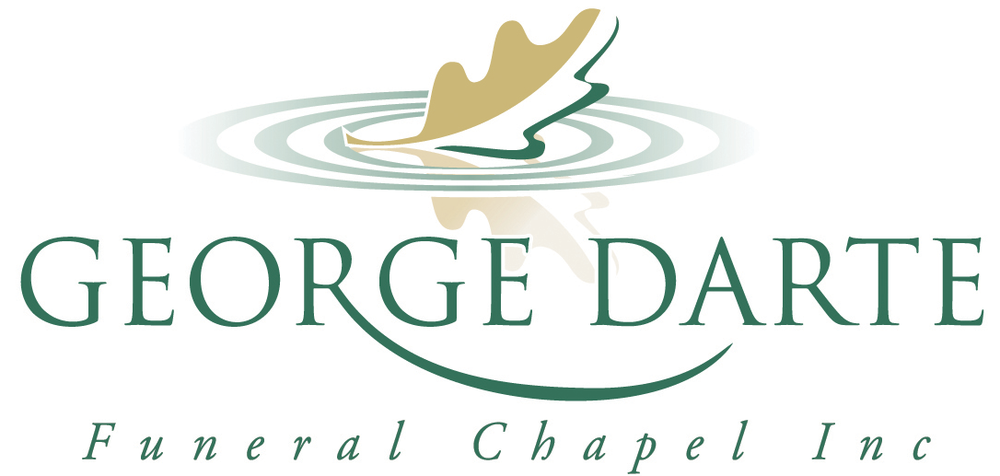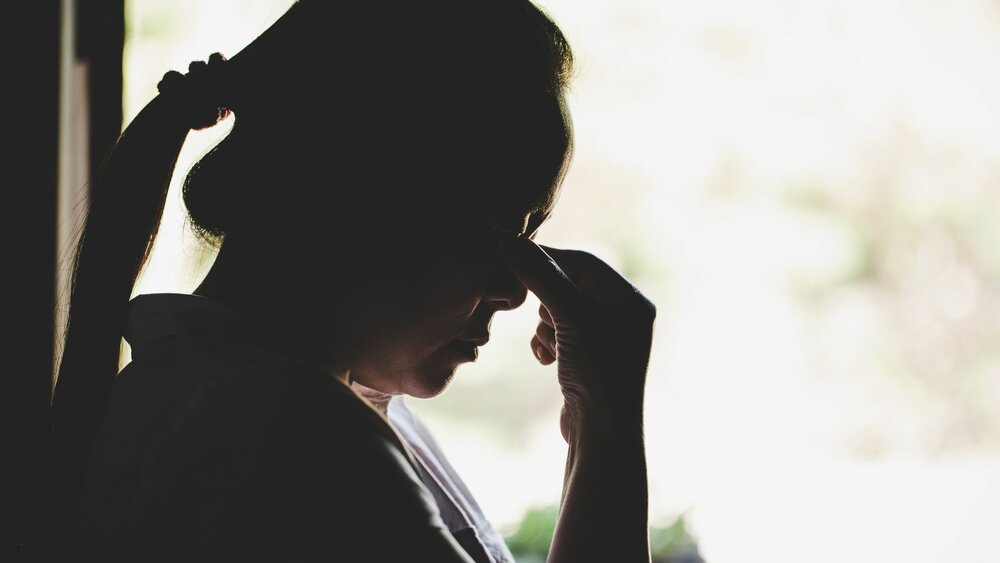When Does Grief Become Depression?
To live is to experience loss, and loss is an inescapable part of the cycle of life. You can't measure grief in days or weeks. Cultural and contextual variables influence how it manifests, and individuals deal with it. However, many people who are going through a prolonged process of grief and mourning also experience depression.
When Grief Transforms Into Depression
From our observations at George Darte Funeral Home, we know that persons with significant depression are often unwilling to accept help because they feel alone and separated from society. Those who don't receive or actively refuse this kind of help at their time of loss may be more likely to experience clinical depression.
How To Cope With Depression From Grief
Here are some tips for dealing with the unexpected loss of a loved one or the protracted grieving that comes with a terminal illness:
- Anticipate experiencing some degree of sadness. It's better not to interfere with the natural grieving process, including loss of appetite, insomnia, and general melancholy.
- Expect your feelings of sadness to fluctuate over time. Some days you may feel good, and the following day you may find yourself sinking into a profound depression.
- Create and take advantage of a safety net. Those grieving require the company and attention of others for a considerable time, not just in the immediate aftermath of a loss. Those who are the primary caregivers for a loved one with a terminal illness will understand this too well.
- Prescription antidepressants can "take the edge off" and help some individuals get back to sleep and eat normally. Medication doesn't work for some since it dulls their emotions. They end up feeling that it hinders their grieving process.
- Seek extra professional treatment if you have suicidal thoughts, lose a lot of weight, or cannot get out of bed or go to work for several days.
Never Ignore Signs Of Depression Stemming From Grief
After the death of a family member or someone very close to you, dealing with grief can be challenging and quickly progress to depression. At a time like this, it is crucial to get help from experts who can help with counseling.
If you need more information on how to deal with grief after a death, please call George Darte Funeral Home at 905-937-4444 or use our contact form. We are here to help you in every which way possible, please don't hesitate to call us.


Comments